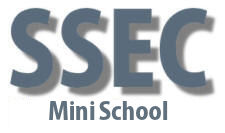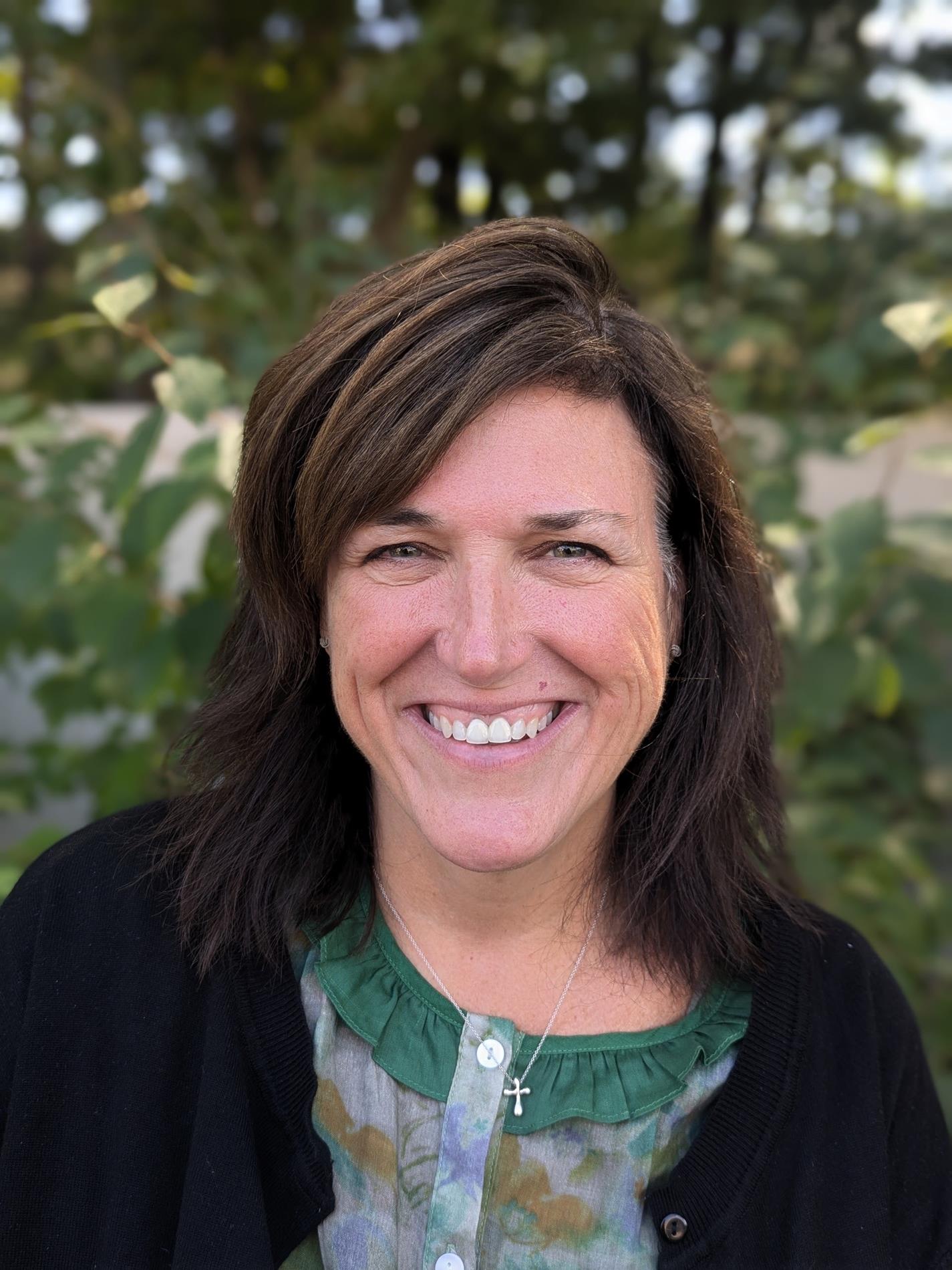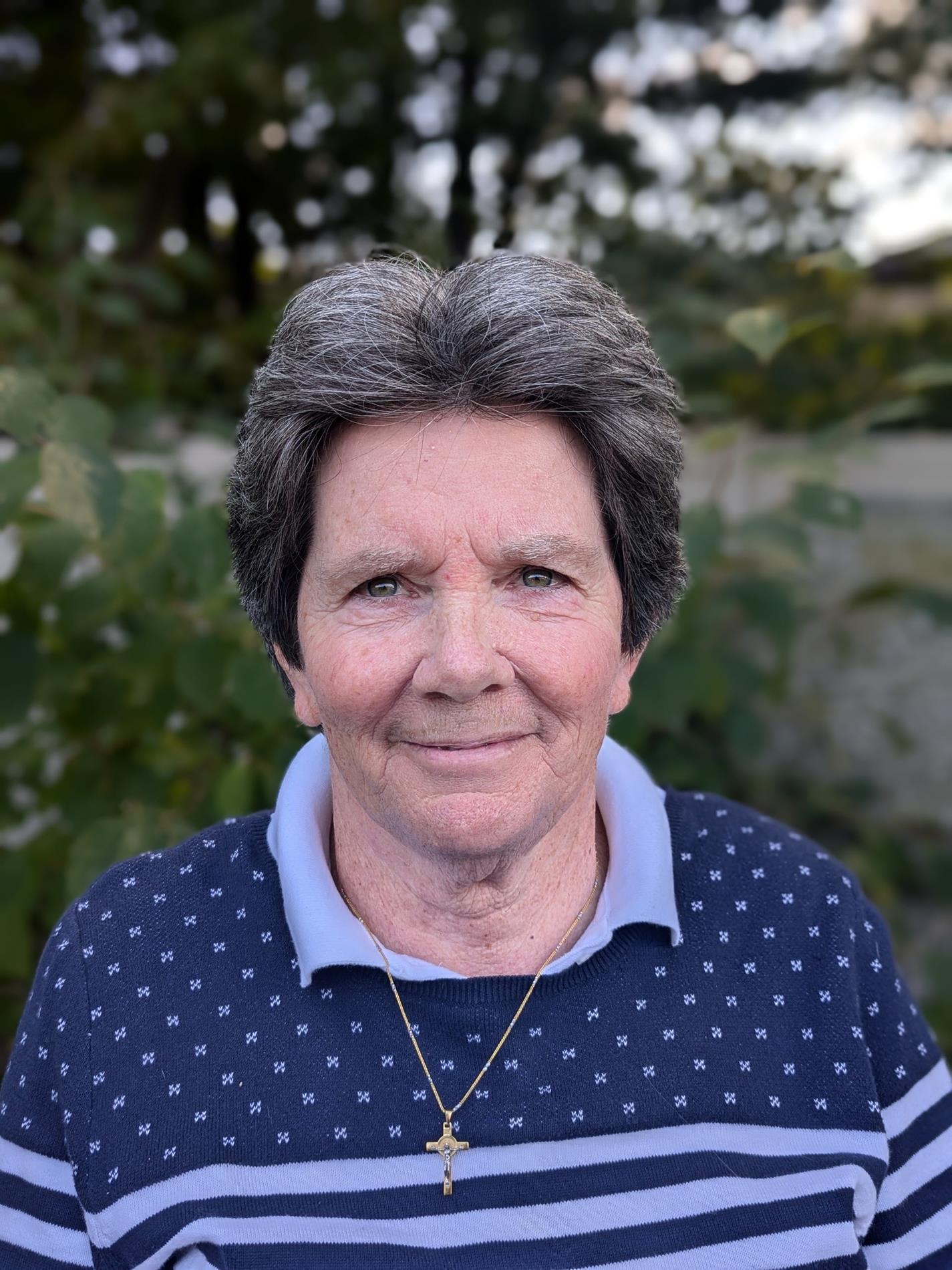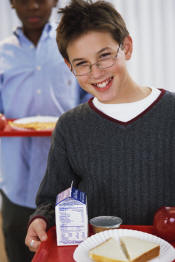The Mini School

Contact:
Maureen M. Gattine, Program Director
Email: mgattine@ssec.org
Phone: 781-749-7518 ext 1612
Fax: 781-740-0784

PROGRAM DIRECTOR
Maureen M. Gattine, MS, BCBA, LABA
Maureen Gattine started her career at the Mini School in 1991with a degree in Special Education from Salve Regina University. She went on to work at The New England Center for Children in Autism Education while completing a Master's degree from Simmons College in Special Education. She returned to the Mini School in 1996 as a classroom teacher and since then has served in several capacities before becoming the Program Director of the Mini School in 2017. She became a Board Certified Behavior Analyst in 2010 through Endicott College. She prides herself in working with students that have a diagnosis of Autism Spectrum Disorder and other disabilities.

Assistant Program Director
Pat DiCristofaro, M.S
pdicristofaro@ssec.org
Pat DiCristofaro, M.S. has been the Assistant Program Director at the Mini School since 2010. Prior to this position she was the Adapted Physical Education teacher at the Mini School and other programs at SSEC. She has also worked in special education schools in Worcester and Wrentham. She has been in the field of special education for over 40 years.
Karen Thomsen
Administrative Assistant
(781)749-7518 x1614
kthomsen@ssec.org
2025-2026 Calendars
The Mini School specializes in educating children with a diagnosis of Autism Spectrum Disorder, developmental delay or other similar learning profiles. The Mini School serves students from five to twenty-two years of age. The school uses a multidisciplinary approach that includes best practices in applied behavior analysis, positive behavioral programming, language based instruction, incidental teaching, augmentative and assistive technology and sensory integration. The Mini School team is made up of highly qualified and experienced teachers and therapists. Instruction is delivered in large group, small group and 1:1 settings with a high staff to student ratio. The Mini School also offers an extended day and extended school year.

History
Established in the early 1970's, the Mini-School has been serving students with a diagnosis of Autism Spectrum Disorder. The Mini-School began in one classroom, prior to the passage of Chapter 766 regulations, as part of an initiative of the Commonwealth of Massachusetts to start "mini-schools" throughout the state for students with a variety of special needs. In 1987, the Mini-School joined the South Shore Educational Collaborative and has expanded to educate students. Today we have 10 classrooms located in Hull at the Memorial School and Hull High School as well as Randolph High School.
Related Services and Activities
Related services include behavioral supports, speech and language therapy, occupational and physical therapy, assistive technology, adapted physical education, music therapy and Drum's Alive. The Mini-School program offers parent consultation for families to ensure support, generalization of skills and strong communication model from school to home. The Mini School also participates in Swim with A Special Child program where the students swim at the Connell Pool in Weymouth. The Mini School has a six week summer program to work on skills.
Academics
The Mini-School follows the Massachusetts Curriculum Frameworks as a guide in providing academic instruction at each student's developmental level. Academics are focused on Mathematics, English Language Arts, Science and Technology, History and Social Sciences.

Functional Life Skills
Functional life skill training is incorporated into the school day. Self-care skills, cooking, money management, community experiences, leisure activities, cooperative games, social skills training are integral components of the program.
Vocational Training
Vocational training is provided for students who are 14 years of age and older. Students are taught job skills in the classroom and throughout the school building. This includes clerical, janitorial and cafeteria jobs as well as recycling programs, operating a greenhouse, and running a school store. In the community, students participate in volunteer/training jobs such as Meals on Wheels.
